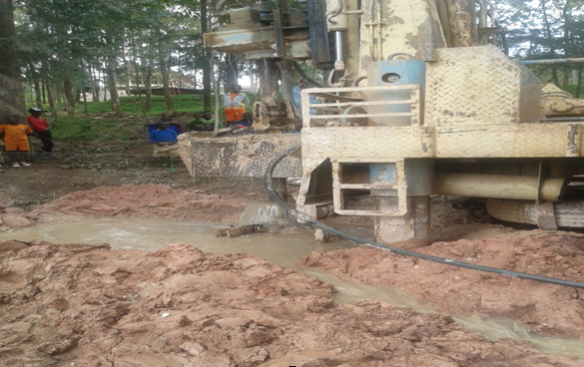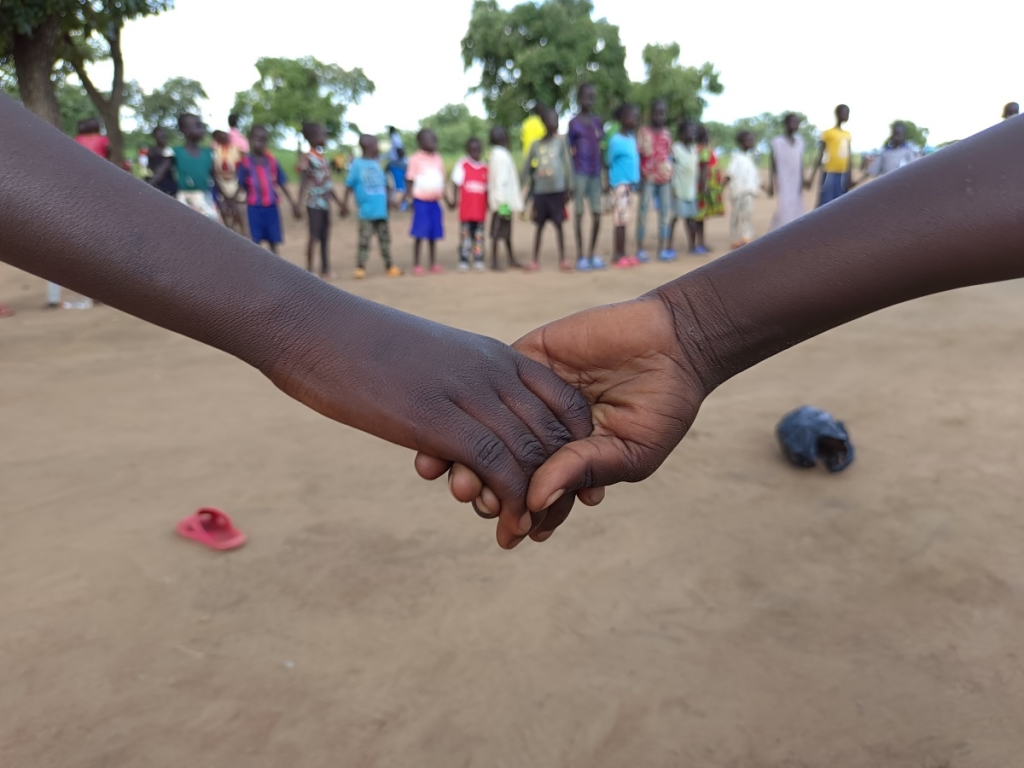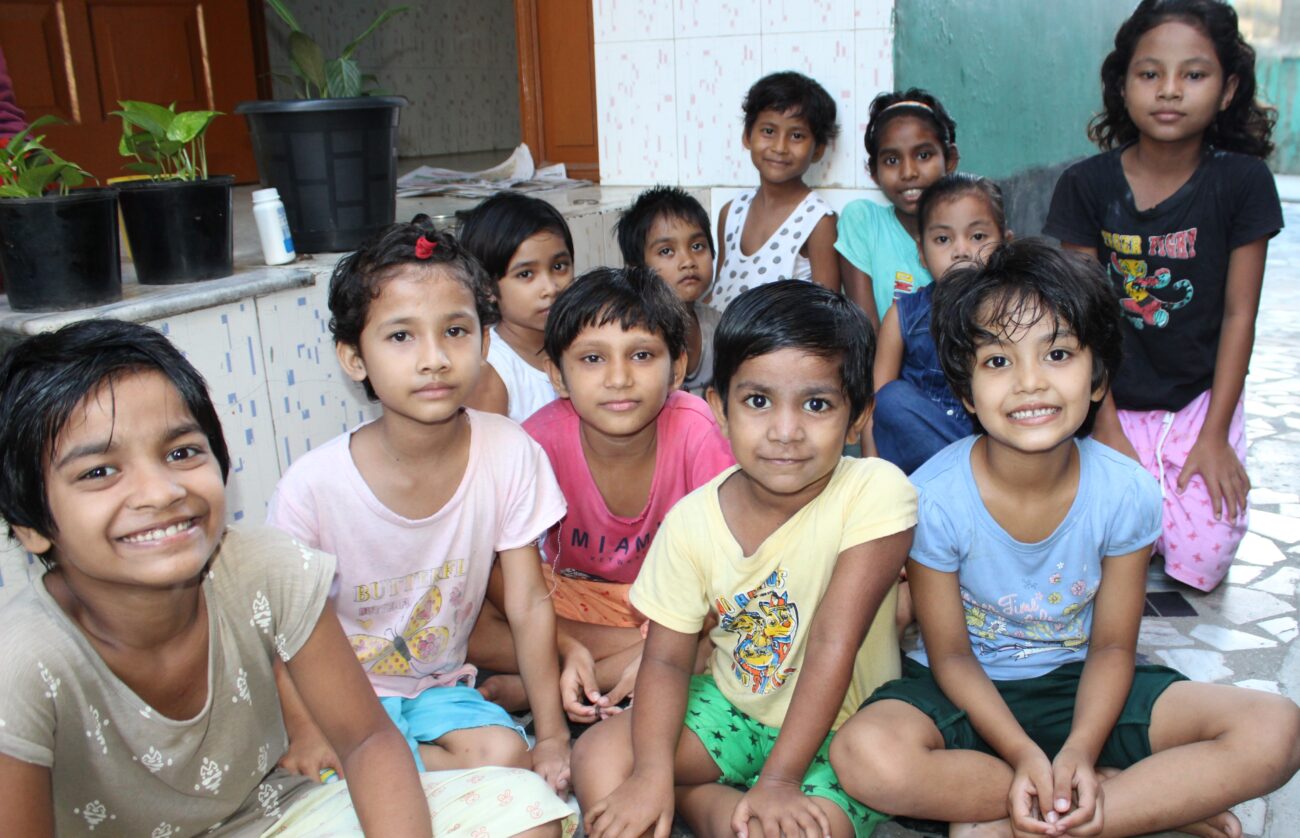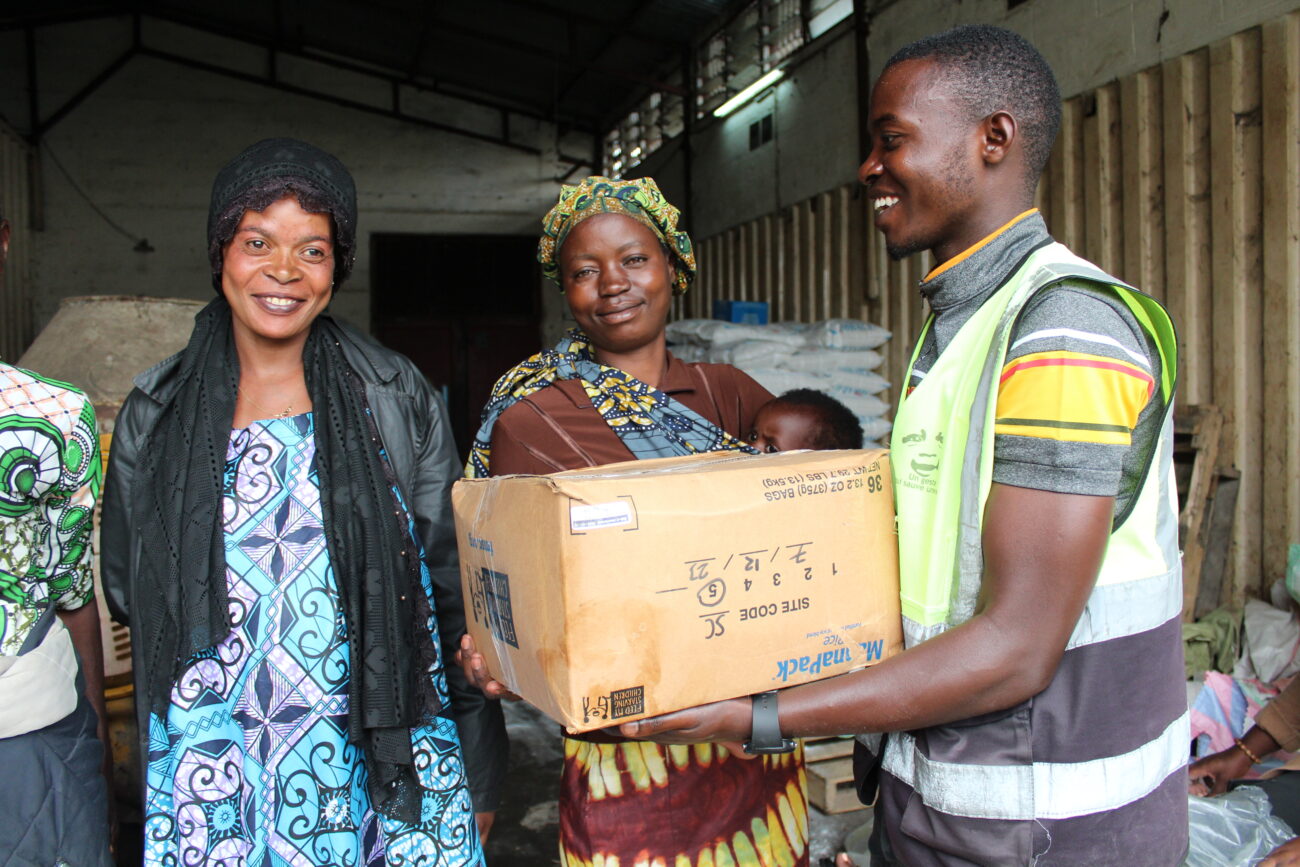RWANDA: New Water Well Provides Clean, Safe Water for Youth in Salesian Oratory

(MissionNewsire) Salesian missionaries at the Don Bosco Oratory in the village of Kabgayi, located south of the city of Gitarama in Muhanga District in the Southern Province of Rwanda, just completed a water well project in cooperation with Logic Engineering. The project included drilling for a new water well and installing an electric pump. A new water tank was also built to store large amounts of water. The new well provides water for youth who participate in the oratory’s activities as well as the surrounding community that often faces water shortages. The project was funded by Salesian Missions, the U.S. development arm of the Salesians of Don Bosco.
The project has drastically improved the sanitation and hygiene of youth in the Salesian program. Students and their families are able to have access to clean drinking water and water for washing their hands and taking a shower. The water is also available for cleaning the program’s sports facilities and equipment. New bathroom facilities provides better sanitation as well.
“The new water well has given the oratory access to the water it needs for students to have access to better sanitation and water for washing their hands, proper hygiene and safe drinking water,” says Brother John Ngigi Njuguna, of the Salesian Planning and Development Office in Rwanda. “We also expect that access to this clean, safe water will reduce the number of children who become sick due to lack of proper hygiene and safe water.”
According to UN-Water, the United Nations inter-agency coordination mechanism on all freshwater related issues, 1.3 billion people cannot access electricity, 768 million people lack access to improved water sources and 2.5 billion people have no improved sanitation, worldwide. For those who have no access to clean water, water related disease is common with more than 840,000 people dying each year from water related diseases.
In response to this crisis, Salesian Missions has made building wells and supplying fresh, clean water, a top priority for every community in every country in which Salesian missionaries work.
“Having access to clean water is essential for life and brings a sense of dignity to the children and families we serve in our programs,” says Father Mark Hyde, executive director of Salesian Missions. “Improving water and sanitation facilities also ensures that teachers and students are working and learning in an environment that promotes proper hygiene and has safe drinking water, reducing the number of waterborne illnesses that can affect those in our schools keeping them away from important study time.”
Salesian missionaries have been working in Rwanda for many years to provide educational opportunities to poor youth. They operate primary, secondary and vocational schools throughout the country as well as offer recreational activities, English language classes and agricultural programs.
Rwanda has made remarkable progress since the 1994 genocide in the country, particularly in providing education and health services to the poor, according to UNICEF. However, with high rates of poverty, there is still much to be done. Close to 57 percent of the country’s population of 10 million live below the poverty line and for those under the age of 18, the poverty rate increases to more than 60 percent. UNICEF notes that subsistence farmers, households headed by youth and those without assets and adequate household resources remain the poorest and the most vulnerable to worsening poverty and the effects of natural disasters, food insecurity and economic crises.
With half of Rwanda’s population under the age of 18, lack of educational opportunities is a concern. Half of all children who enroll in primary school don’t finish and go on to face a future of unemployment or employment at low-paying jobs. In addition, almost four percent of children aged five to 14 are working in domestic service or other jobs instead of going to school.
###
Sources
UNWater.org
UNICEF – Rwanda




